Stories of Your Life and Others; a review
Rather than dazzling with technicolor dystopias, Chiang uses his speculative worlds to craft quiet, cerebral explorations of humanity’s most pressing philosophical concerns.

Ted Chiang’s anthology, Stories of Your Life and Others, transports us to alternative universes that are fantastical yet rational. Through the lens of myriad worlds, Chiang explores themes of language, progress, and logic with pithy prose. Despite being hard sci-fi, humanity and our very personal flaws are always at the centre of these tales.[1]
Each short story in this book draws you into a Black Mirror-esque alternate reality of civilisation. They quickly establish the rules of worlds with alternate human histories and slightly different scientific laws. The collection opens with “Tower of Babylon,” a liturgical tale of man attempting to build a tower to heaven. In the original parable from the Book of Genesis, God created the multitude of human languages to scatter humanity and prevent mankind from cooperating, halting the construction of a tower that aimed to reach heaven. Chiang borrows this plot for his reinterpretation, imagining a scenario in which the builders of Babylon actually succeed.[2]
Chiang’s texts are dense, not in a prosaic sense, but in a hard-science one. The eponymous “Story of Your Life”[3] is a masterful example of this. It eschews the fragmented and chaotic tone of authors like Joyce and Pynchon,[4] while maintaining a non-linear, ambiguous structure. Even with clear prose, the complexities emerge from the uncanny universe in which we are immersed. In this particular vignette, Chiang uses the backdrop of alien contact to tell a poignant story of how language shapes our understanding of reality and how it can reshape our perspectives on grief, love, and acceptance. Like the postmodern authors mentioned earlier, the complexity and, frankly, oddness of the text serves as a tool to force us to consider our lives from an existential perspective.
Sometimes, it seems that the concepts of the story’s universe drive the narrative rather than the characters. The sci-fi genre in general has a hard time balancing sheer inventiveness with character-building,[5] and Chiang does struggle with this at times. One can learn to forgive him though, as the ambition of the stories outweighs the sometimes hollow personas.
Rather than dazzling with technicolor dystopias, Chiang uses his speculative worlds to craft quiet, cerebral explorations of humanity’s most pressing philosophical concerns. I won’t spoil the other stories in the collection, but they explore superintelligence, theology, and a touch of fatalism. Though brief, each story is a morsel of literary depth, offering much to savour.





